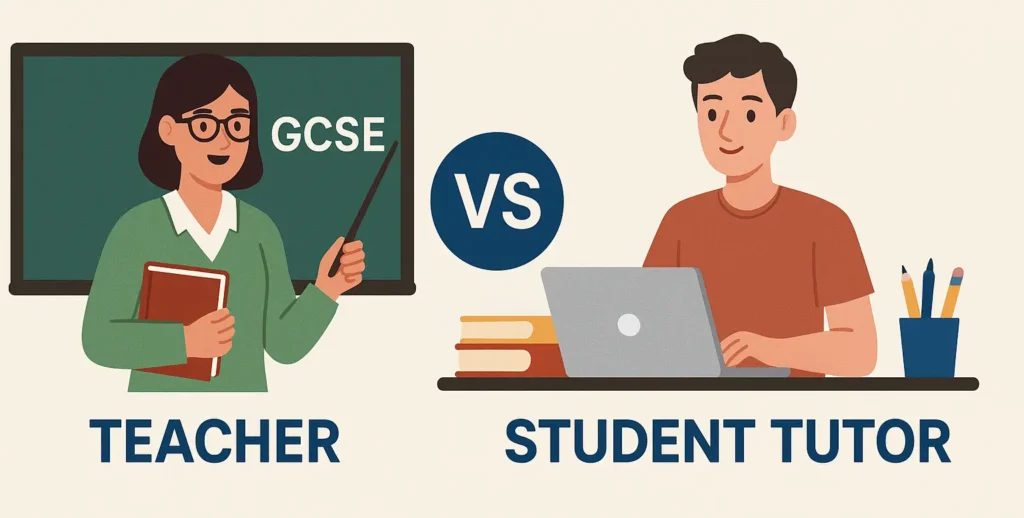A-Level Resits – 5 Myths Debunked by a Qualified Economics Tutor
A-Level Resits – 5 Myths Debunked by a Qualified Economics Tutor Think A-Level resits are only for students who failed? Not true. From university entry to career resets, resitting A-Levels can be a powerful step forward — if you know the facts. Here’s what every parent and student should understand, straight from a qualified A-Level Economics tutor. Introduction: Why A-Level Resits Are a Smart Move Many students believe that A-Level resits are only for those who failed. This couldn’t be further from the truth. Whether you’re aiming for a higher grade for university, switching career paths, or proving your potential, retaking A-Levels can be a strategic and rewarding decision. In this guide, we’ll debunk 5 common myths about A-Level resits, backed by insights from an experienced Economics tutor. Plus, we’ll answer key FAQs to help you make an informed choice. Myth 1: Only Students Who Failed Resit A-Levels ✅ Reality: Many high-achieving students resit to improve grades for competitive universities (e.g., Oxbridge, Russell Group) or courses with strict entry requirements (e.g., Medicine, Law). A B to an A could mean the difference between acceptance and rejection. Some students resit to switch subjects (e.g., from Business to Economics). 💡 Pro Tip: If you were close to the next grade boundary, a resit with targeted tutoring can help you secure that higher mark. Myth 2: Universities Don’t Accept Resit Students ✅ Reality: Most UK universities accept resit students, as long as you meet their grade requirements. Exceptions: Some highly competitive courses (e.g., Medicine at Cambridge) may prefer first-time candidates. UCAS doesn’t penalise resits—your final grade matters most. 📊 Data Insight: Many successful university applicants have resat at least one A-Level. Myth 3: Resitting Means Starting from Scratch ✅ Reality: You build on existing knowledge, making revision more efficient. Focus on weak areas (e.g., exam technique, tricky topics). A tutor can personalise your plan, saving time and stress. 🎯 Example: A student who got a C in Economics improved to an A by refining essay structure and data analysis skills. Myth 4: A-Level Resits Aren’t Worth the Time ✅ Reality: Better grades open doors—better universities, scholarships, and career prospects. A single grade boost can qualify you for: Higher-ranked universities More funding opportunities Competitive apprenticeships 📌 Key Consideration: If your dream course requires an A instead of a B, a resit is a smart investment. Myth 5: You Must Go Back to College to Resit ✅ Reality: You can resit A-Levels privately—online or with a tutor. Flexible options: Private exam centres Online tutoring (e.g., VLE Tutors) Self-study + past papers 🔹 At VLE Tutors, we offer: ✔ 1:1 online tutoring (UK-qualified teachers) ✔ Small group resit courses ✔ Customised exam strategies A-Level Resits: Myth vs. Fact (Quick Comparison) Myth Fact “Only failures resit.” High achievers resit to improve grades. “Unis reject resit students.” Most unis accept resits if grades are met. “Resitting means starting over.” You refine knowledge, not restart. “Resits aren’t worth it.” Better grades = better opportunities. “You must return to college.” You can resit privately or online. FAQs About A-Level Resits Q: Can I resit just one A-Level subject? ✅ Yes! You can retake one subject without affecting others. Q: Will universities know I resat? ✅ Yes, but they prioritise final grades. A resit A is better than a first-time B. Q: Can I go from a C to an A with tutoring? ✅ Absolutely! Many students jump 2+ grades with structured support. Q: When is the next A-Level resit exam? 📅 Most resits are in May/June, but some subjects have January exams. Q: Can I study online for A-Level resits? 💻 Yes! Online tutoring (like VLE Tutors) offers flexible, expert-led resit prep. Ready to Improve Your A-Level Grades? Don’t let myths hold you back. A strategic resit could be your ticket to: 🎓 Top universities 💼 Better career prospects 🚀 Proving your true potential Book Your FREE 20-Minute Consultation
A-Level Resits – 5 Myths Debunked by a Qualified Economics Tutor Read More »



